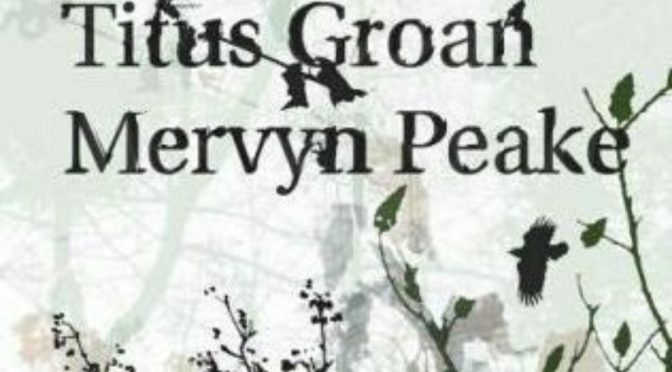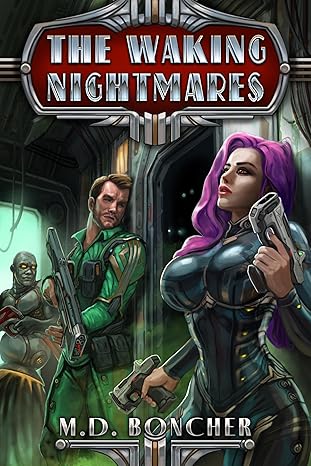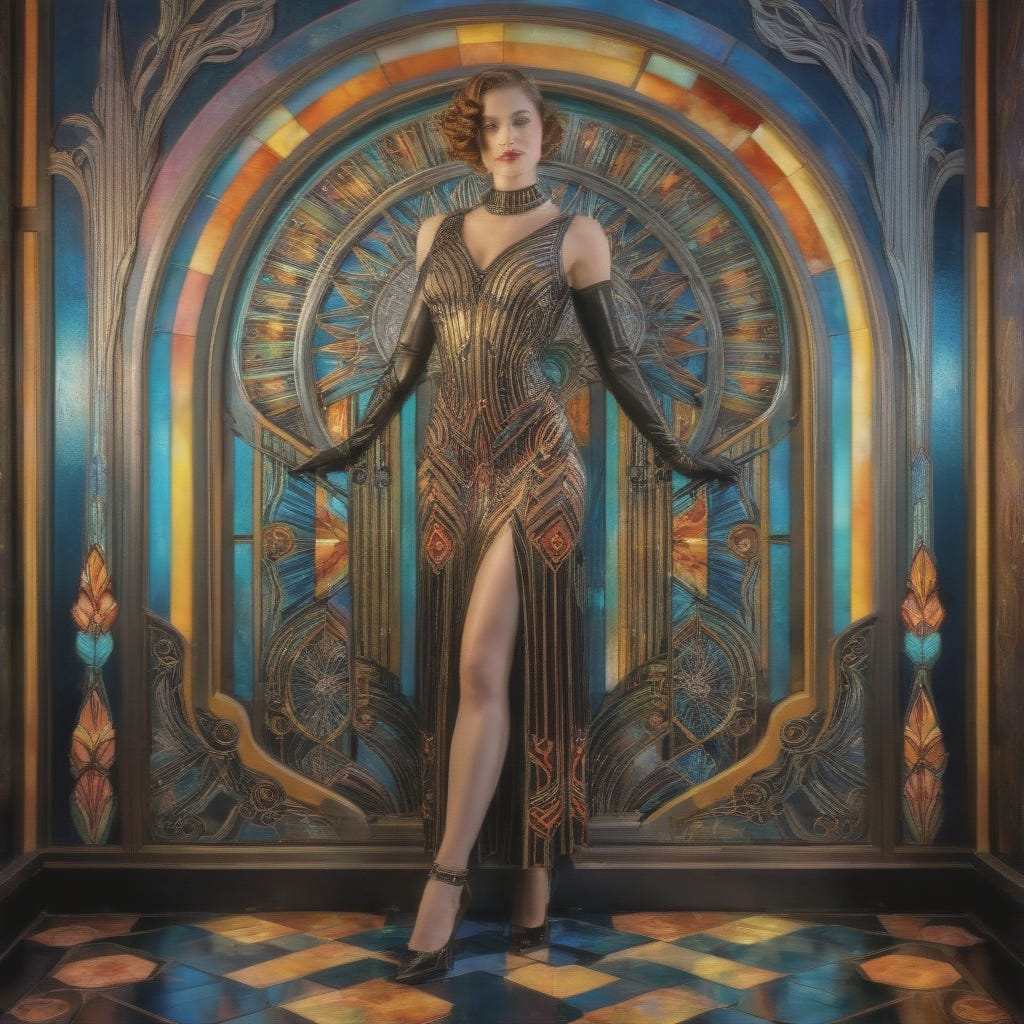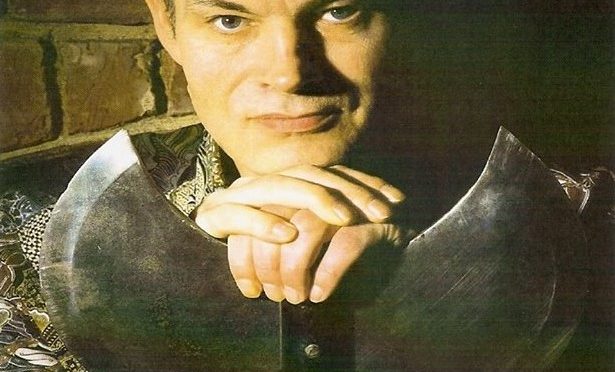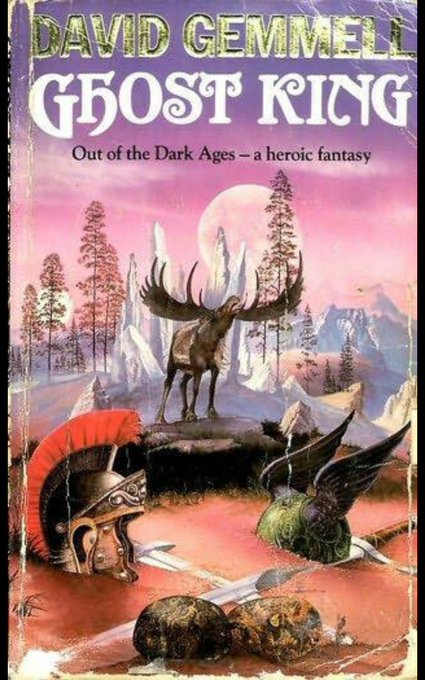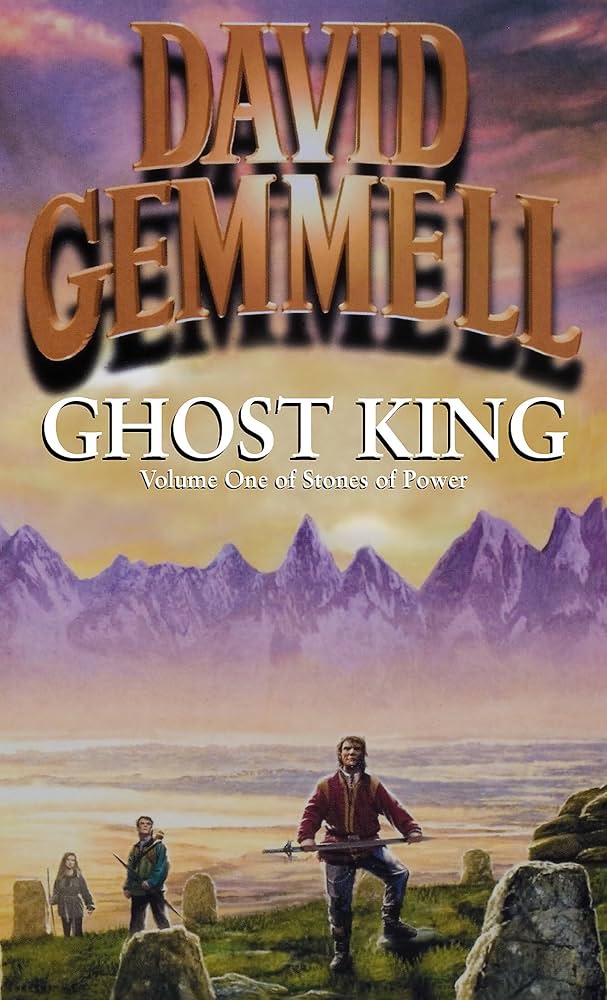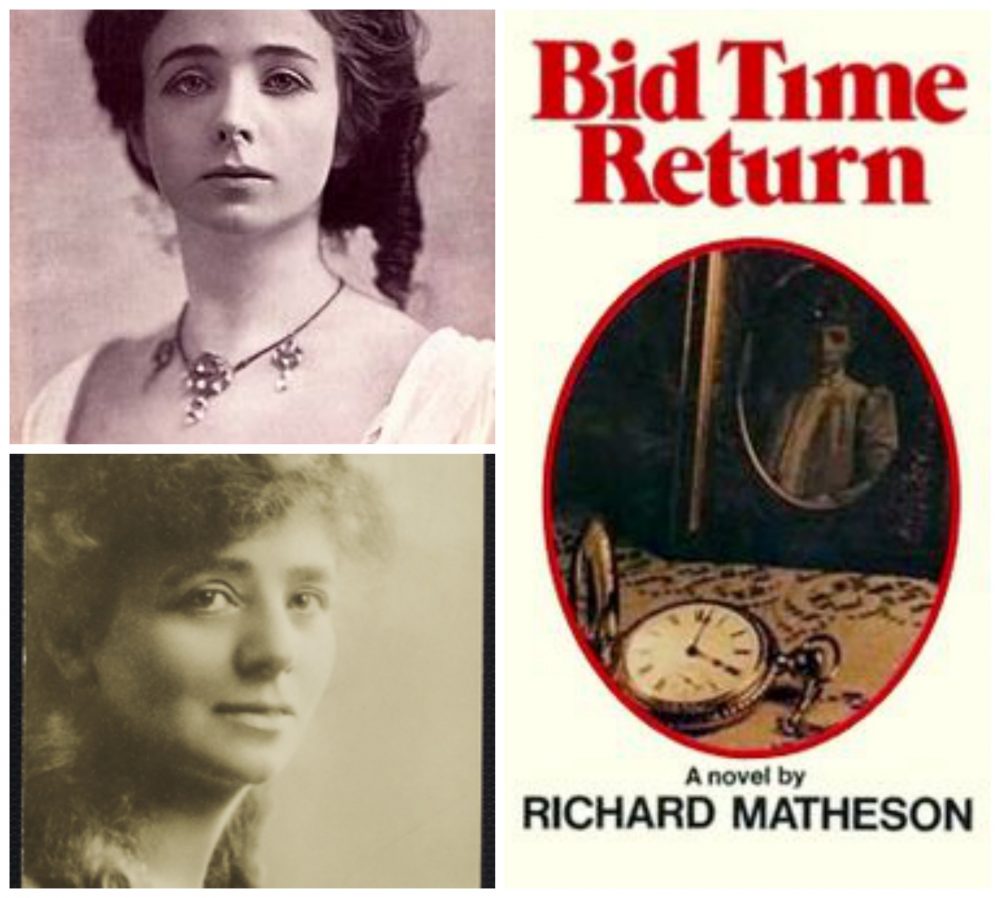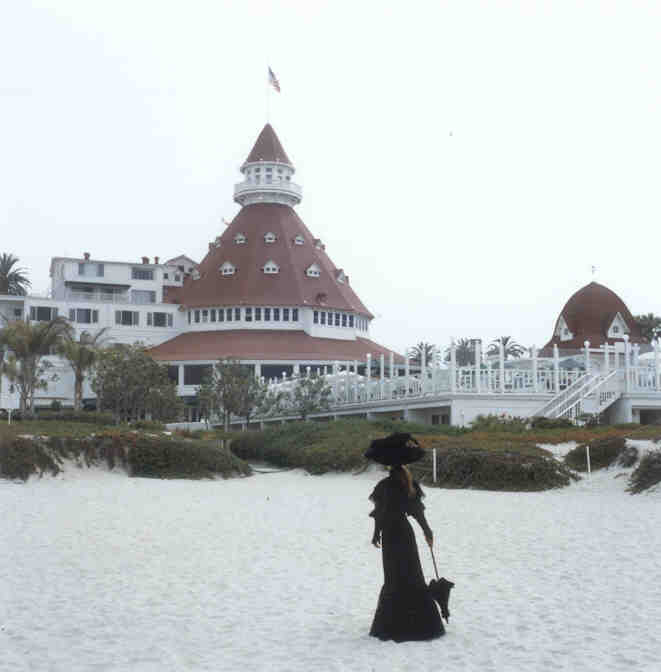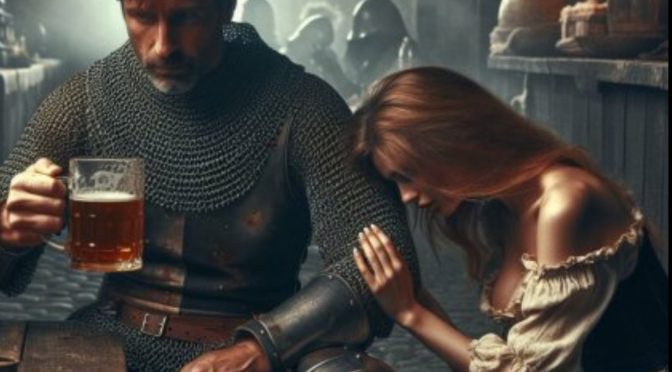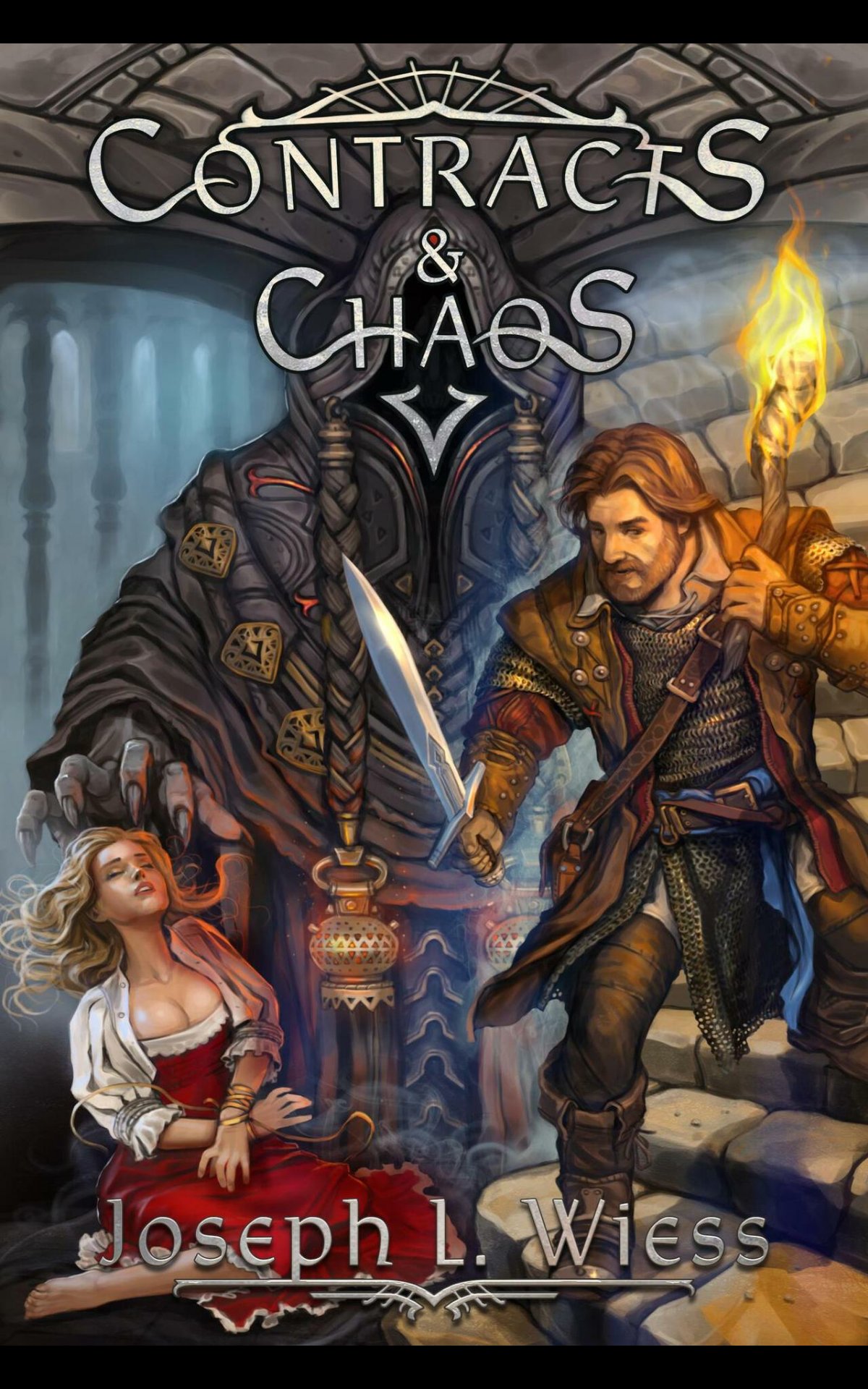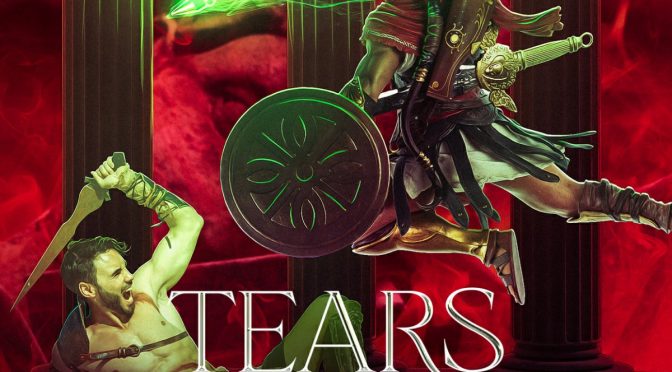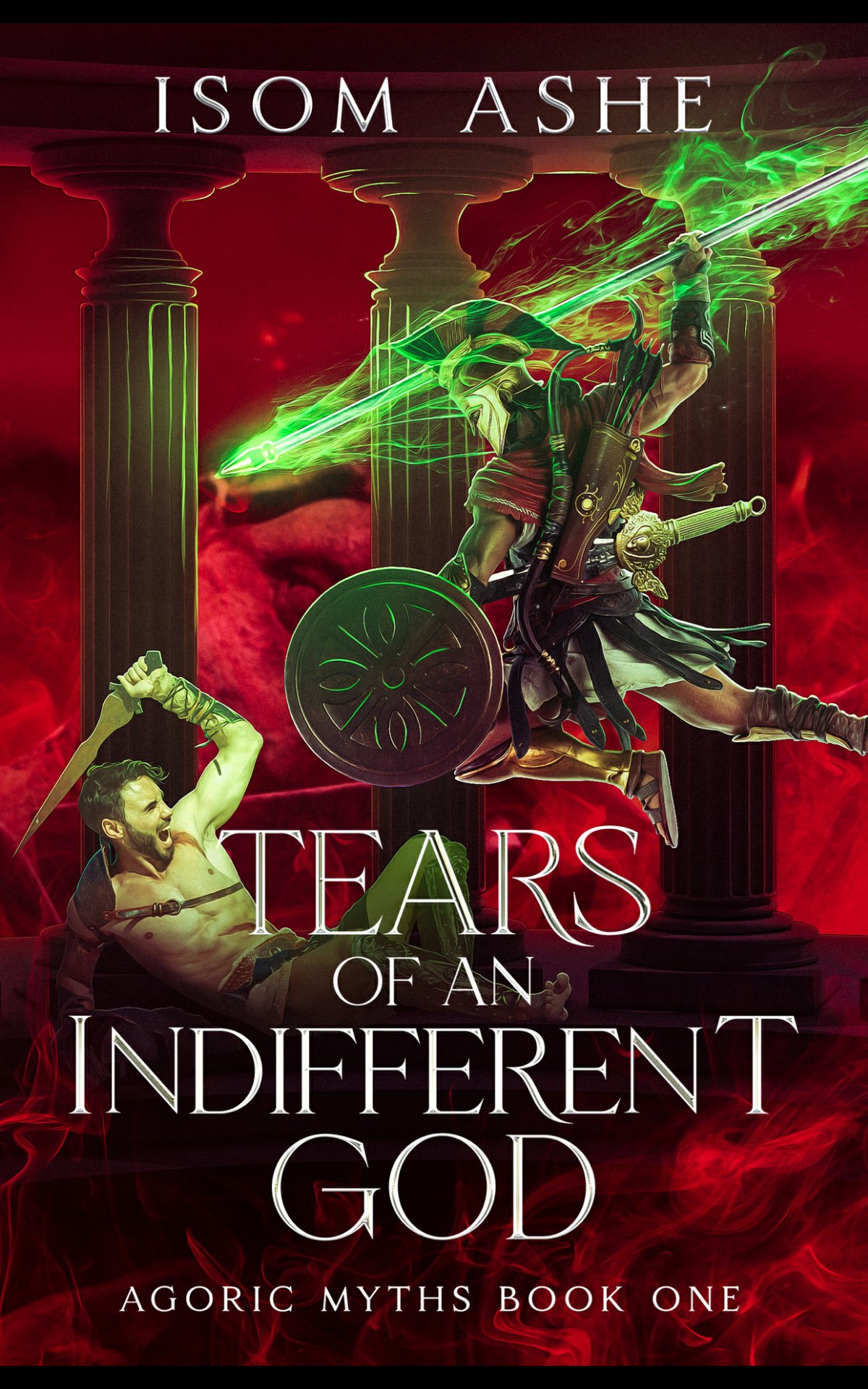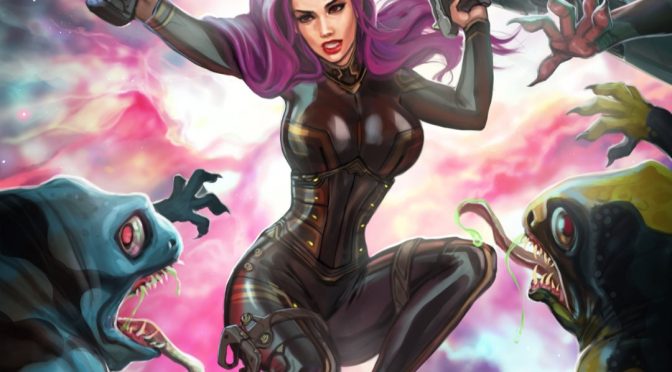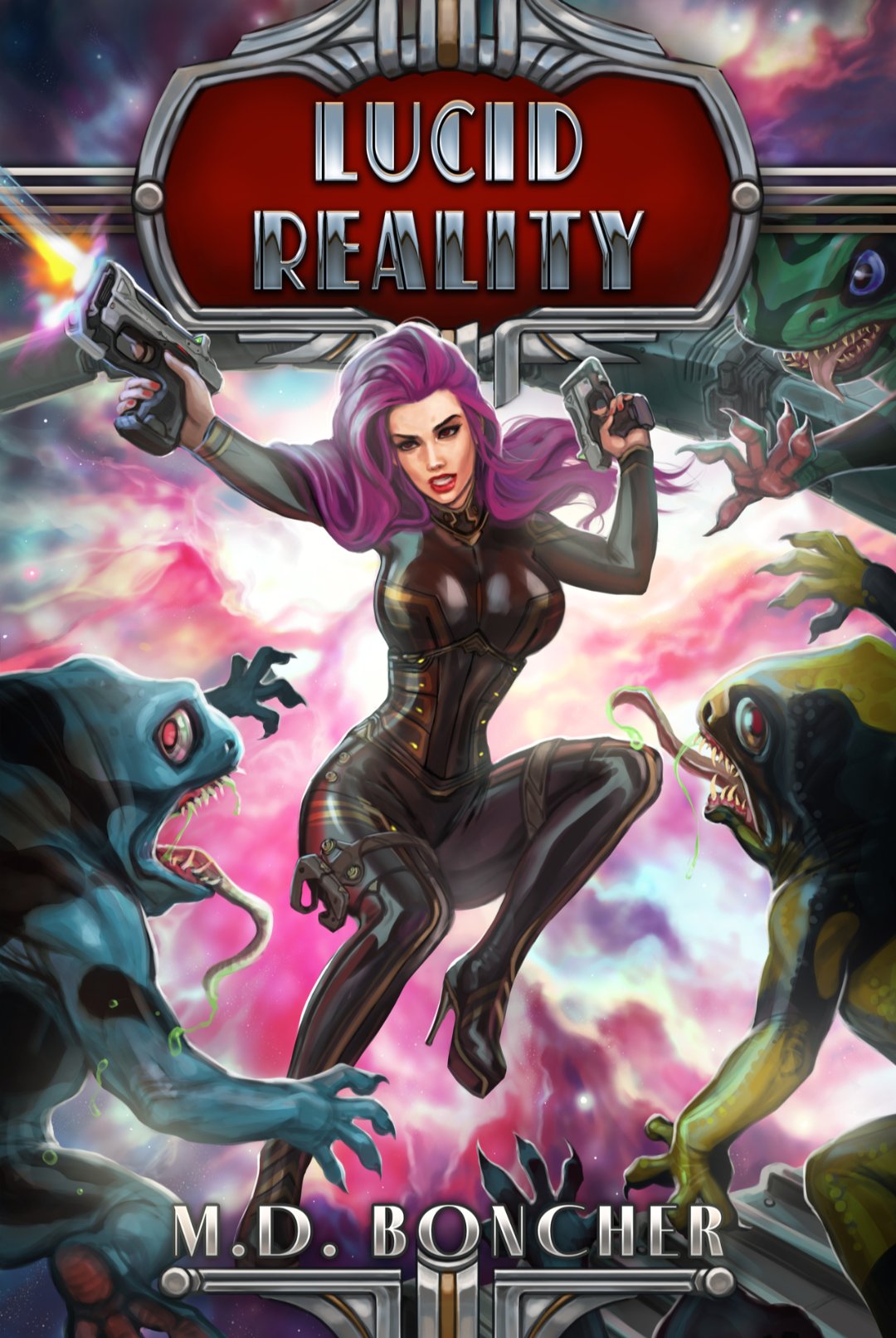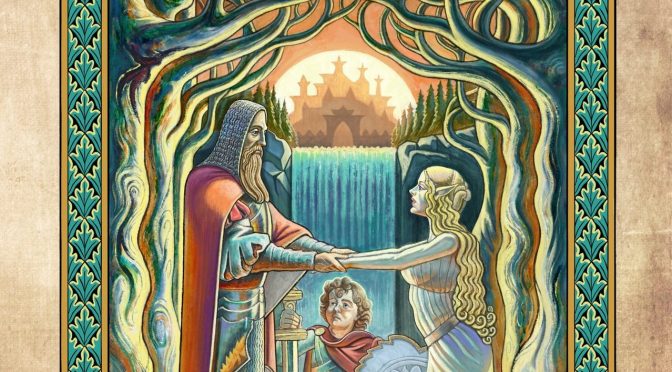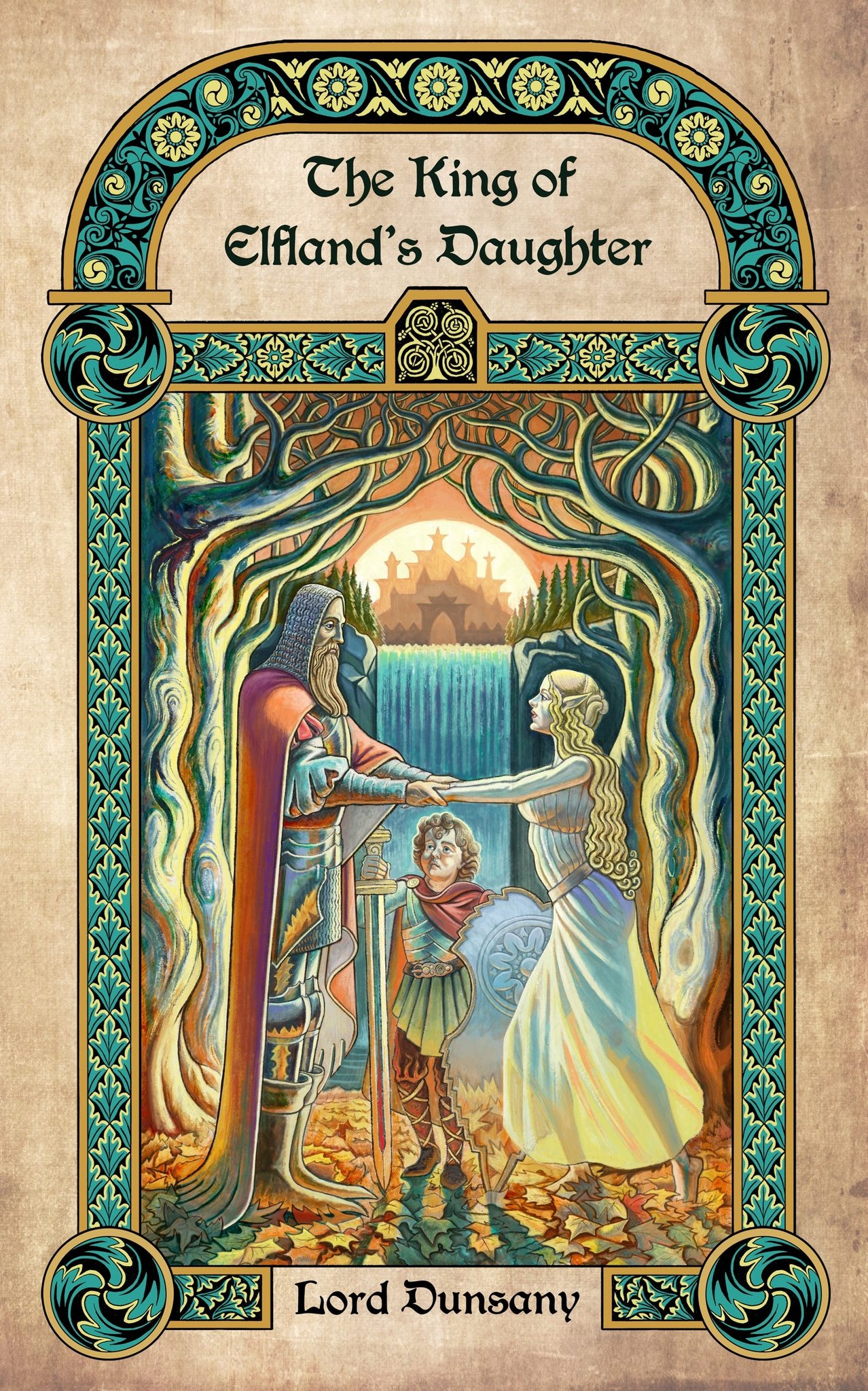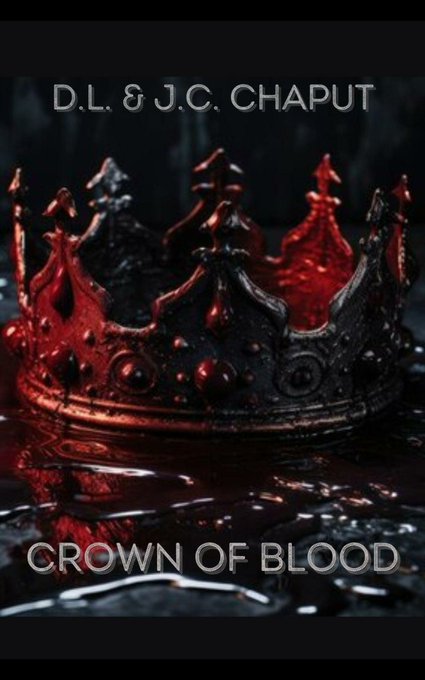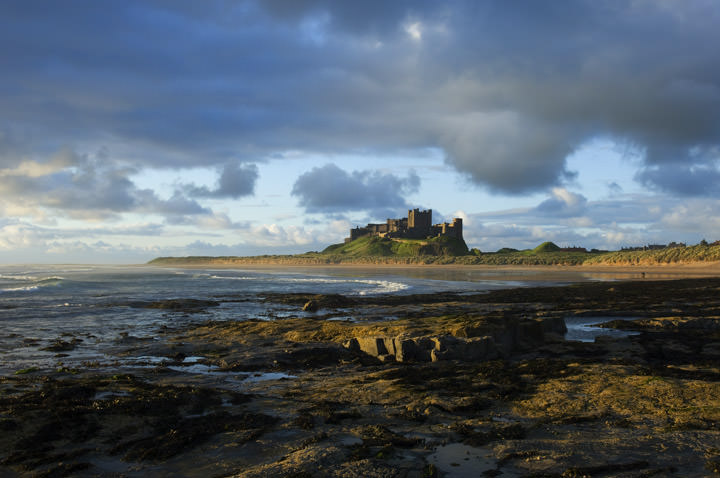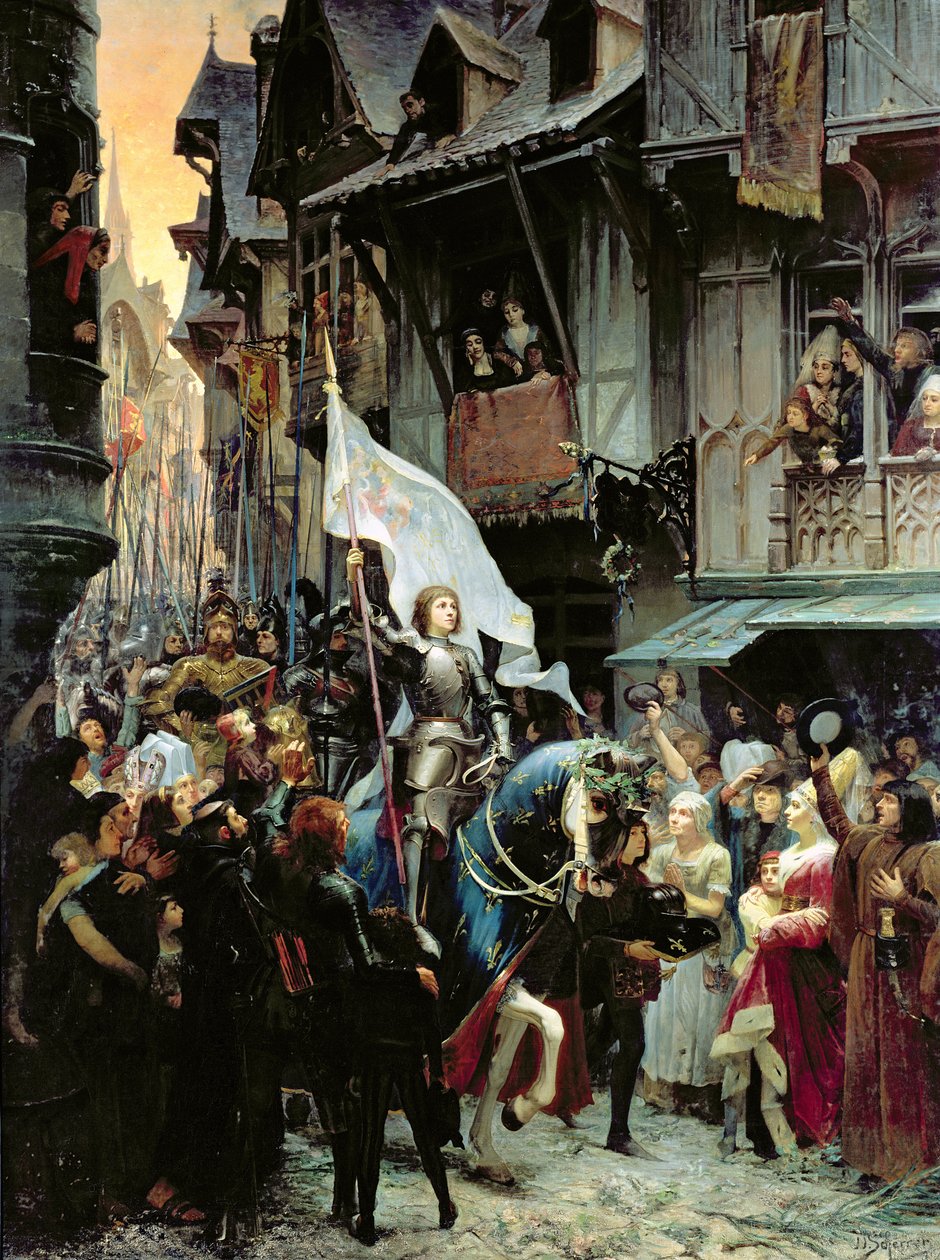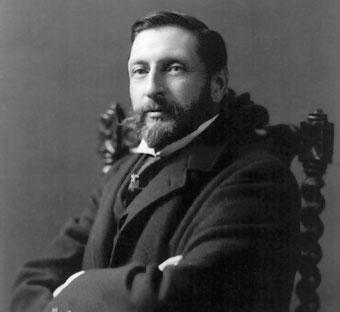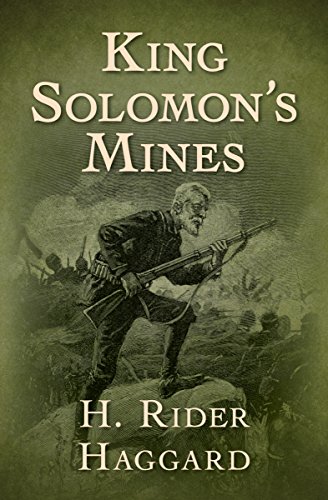TRENDS DIE OUT/LEGENDS LIVE ON:
Gormenghast Book 1: Titus Groan by Mervyn Peake
A review by INFAMOUS🦀
Mervyn Peake was not only a unique writer but a very accomplished artist (painter and illustrator). We can say that his keen sense of vivid visuals and details displayed in his artistic work spilled over into his writing–the Gormenghast series representing the culmination of that endeavor.
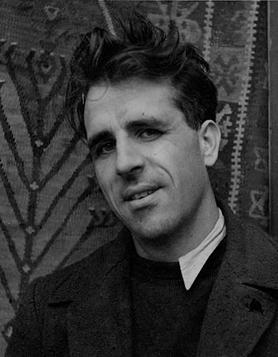
The Gormenghast series is a trilogy (the fourth book was left incomplete due to Peake’s death–later on finished by his wife) that is so original as to be impossible to compare to any other stories. We might say that there is a faint connection in style to Charles Dickens, but that’s a stretch in my opinion.
TITUS GROAN:
The first book of the series is called Titus Groan, and that is also the name of the newborn son of the aristocratic Groan family portrayed in the story, the lords of Gormenghast. This abbey includes a massive structure of towers, walls, parapets, including the entire surrounding region where villagers (the Mud Dwellers) live off of the fruit of the fields and artisamery. The entire first book revolves around the birth of heir Titus, and his significance for the Groan dynasty to carry on after the count and countess had given up all hopes to birth a male descendant.
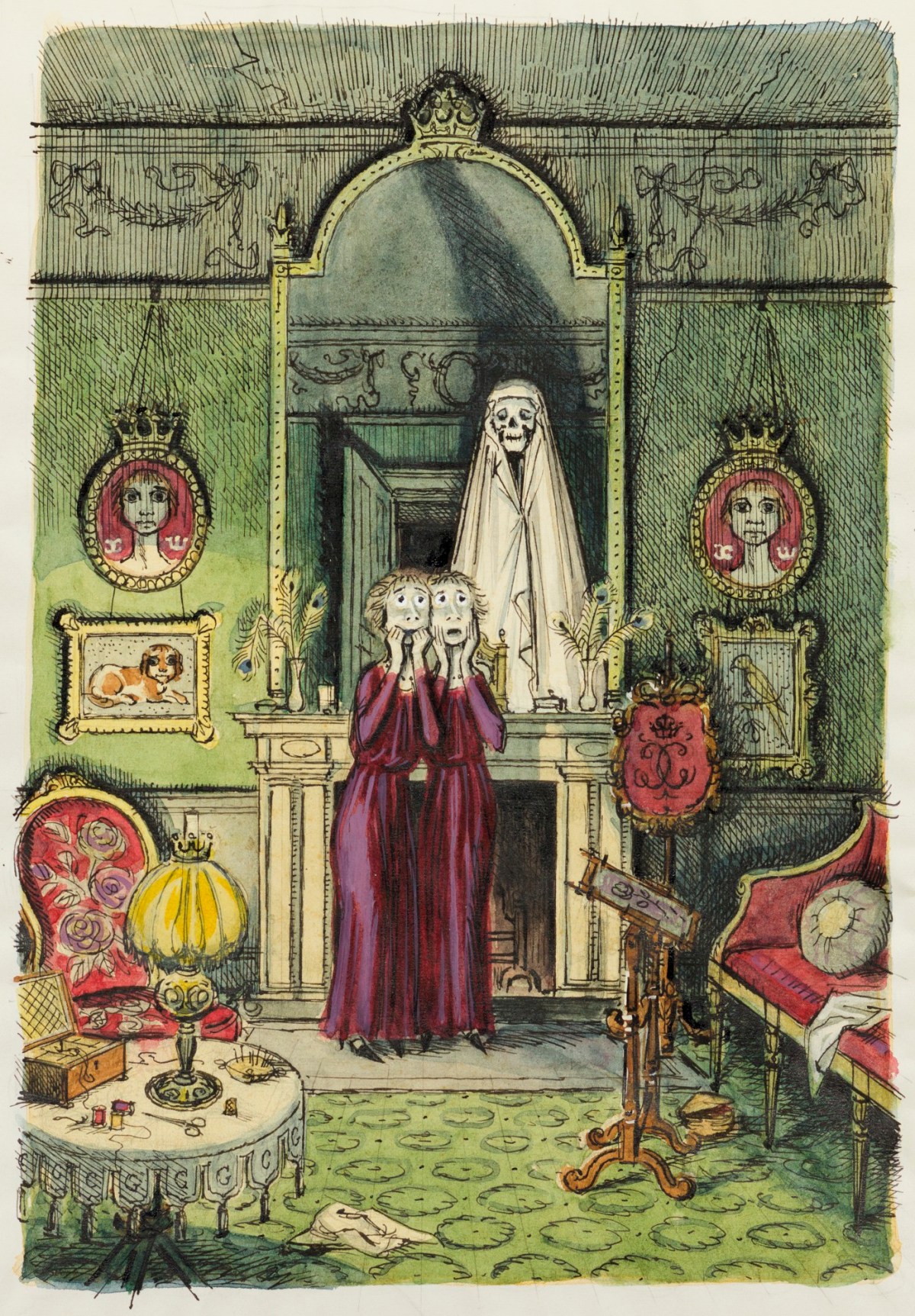
CHARACTERS:
This is not a story-driven book by any accounts, but rather a character-driven book. The magic of Peake’s writing is found in his characters and how they come to life from written page to our minds.
Whether it be Countess Gertrude with her army of adoring white cats; or Aunts Clarice and Cora, with their awkward mannerisms and distorted view of reality; or daughter Fuchsia with her secret hiding place in the attic; or old Nanny Slagg who feels under-appreciated for all she does…every character gets pages and pages of rich descriptions in order to define them in depth both physically and mentally.
Mervyn Peake was indeed very descriptive in his writing. Not just when describing physical traits but when describing the inner state of a person. He could write pages about the emotional state of a character before even mentioning what that character is doing.
DETAILS, DETAILS, DETAILS:
This acute sense of details Peake had for his characters also applied to the environment his characters move about. We learn that Gormenghast is a massive and oppressive place, its halls are damp, moat ridden, and dusty for the most part. It’s cold and dark during winter while hot, muggy and oppressive in the summer. This is basically an independent world within the world, like an independent nation, self-sufficient and cut away from the rest of civilization; its citizens just as peculiar and extraordinary as the inhabitants of far away planets.
Mervyn Peake remains a most extraordinary writer, unmatched to this day in certain aspects.
His complex and rich prose might not be for everyone, and his characters at times are so minutely described both physically and psychologically that today’s ‘instant-gratification/get-to-the-point’ audience might quit after reading a few pages. A lot of reviewers have written that this book is slow, boring, with lots of descriptions but no essence…but I couldn’t disagree more.
I believe it takes a certain level of maturity to enjoy Peake’s writing. It is not an easy read, for sure, and many readers cannot stick with it for long.
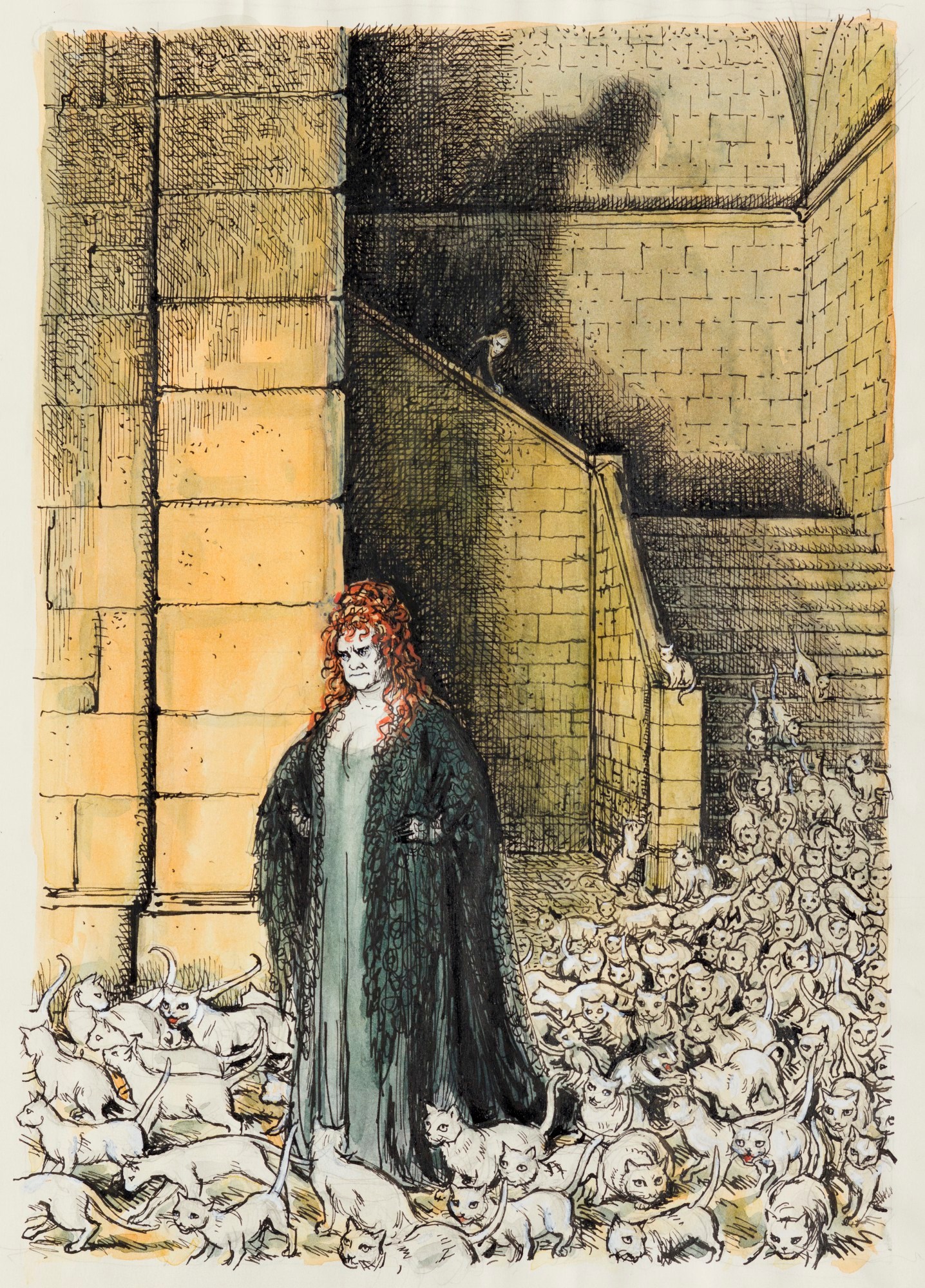
Sometimes I wonder if Mervyn’s thinking process was too far ahead for some of us to fully appreciate his content. His tragic passing left a void that has not been filled yet to this day.
Who knows what this mind would have achieved if he lived longer? What treasure of human literature he would have left us?
As I mentioned earlier, his passing at age 57 left us with an unfinished series, as he was working on Book 4.
To this day, there are paragraphs from the Gormenghast Trilogy that I read and reread that leave me in awe for their beauty, richness, and introspection, and make me wonder if we will ever see the likes of such marvelous genius again.
A true LEGEND.
🦀

